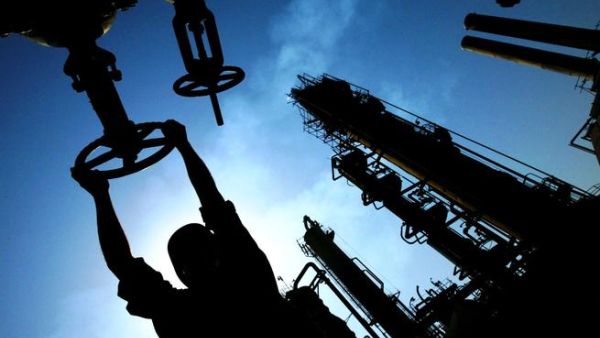Angle Dutch Oil supermajor Royal Dutch Shell shocked investors with a profit warning, a 71 per cent drop in profits and failure to meet its reserves/production growth and shareholders return targets. Shell operates in almost 100 countries worldwide, produces 3.2 million barrels of oil equivalent a day and is the biggest energy conglomerate on the planet after Exxon Mobil.
Shell pioneered the world’s first oil tanker, was one of the original Seven Sisters who controlled the world oil market in the era before Opec, discovered the oil and gas fields of Nigeria, Brunei, Indonesia, Oman, Malaysia and New Zealand.
However, Shell has also been criticised by human rights and anti-oil pollution NGO’s for its role in Nigeria’s Niger Delta, its decision to sink its offshore oil platform Brent Spar, oil spills in Argentina and an inflated reserves scandal that led to the ouster of former chairman Sir Philip Wyatt.
Shell has long been plagued by cost overruns and low returns in its $46 billion capital spending projects. Bellwether projects in the Kashagan oilfield in Kazakhstan, Wheatstone LNG in Australia, Sakhalin in Russia, the Niger Delta in Nigeria, the Beaufort Sea in Alaska’s Arctic Ocean, gas to liquid plants in Louisiana’s Gulf Coast and Iraq’s Majnoon oilfields all underperformed due to security, environmental, political or execution deficiencies. This led to five years of significant share underperformance under previous CEO Peter Voser and concern in the City of London, New York and Amsterdam, the three stock markets where Shell is among the most widely held energy companies for pension funds and life insurance companies. Investors lost confidence in the capital allocations decisions of management and were shocked by the first profit warning in a decade.
Shale’s sheer scale makes it a formidable force in energy geopolitics. Its 2013 capital spending budget was $46 billion and management spent $8 billion alone in mergers/acquisitions. However, size does not equate to profit. Morgan Stanley estimates Shell’s returns on capital employed (ROCE), a key industry performance metric, has fallen from 20 per cent a decade ago to only nine per cent now. Shell’s management had engaged in two many capital intensive, environmentally controversial (Alaskan Oil drilling) projects and even jeopardised the dividend, an unthinkable prospect for pension fund managers, taught to follow the old financial markets taboo to “Never Sell Shell”. The incoming Shell CEO promised to restrict costs, exit highest drilling in Alaska’s Arctic wilderness, reduce capital spending to $35 billion in 2014, sell $15 billion in assets and increase the dividend by four per cent. The new management has abandoned plans to build massive liquefied natural gas plants in Australia and Lousiana, USA.
Shell’s divestment strategy spells opportunity for the Arabian Gulf’s state owned oil and gas companies. Shell sold a stake in its Australian LNG venture Wheatstone to Kuwaiti Petroleum Company’s foreign oil and gas exploration afilliate. Shell also sold an equity stake in an osshore, Brazil oilfield to the Qatar Petroleum Company (QPC) for $1billion. Shell is also seeking to divest marginal oil and gas fields in the North Sea and pipeline networks, refineries and storage businesses in the US Gulf Coast.
I doubt it Shell’s new global strategy will impact its UAE based lubricant/specially fuel, exploration and production, gas and power businesses. In fact, Shell’s divestment programme offers acquisition opportunities for UAE’s new breed of state-owned global energy investors, notably Abu Dhabi’s Mubadala Petroleum, Ipic and Taqa. The biggest divestment programme in the history of Royal Dutch Shell coincides with the growing prominence of Abu Dhabi strategic investors in oil, gas, pipeline, power and petroleum acquisitions all over the world.
I am excited by the positive environmental impact of Shell’s new strategic choices. Shell’s decision to exit Alaska Arctic drilling and restrict onshore drilling in the Niger Delta should surely protect two the world’s most ravaged and fragile ecosystems.
The Niger Delta has been plagued by political violence, theft, sabotage, pollution corruption and horrific oil spills/environmental degradation for decades Shell’s decision to end drilling in its exploration sites in the Chuckchi and Beaufort Seas in the Alaskan Arctic is also a victory for the environmental movement, led by Greenpeace, Friends of the Earth and the conservation NGO Oceania.
By Sarie Khaled
The writer is a Dubai-based research analyst in energy and GCC economics.








